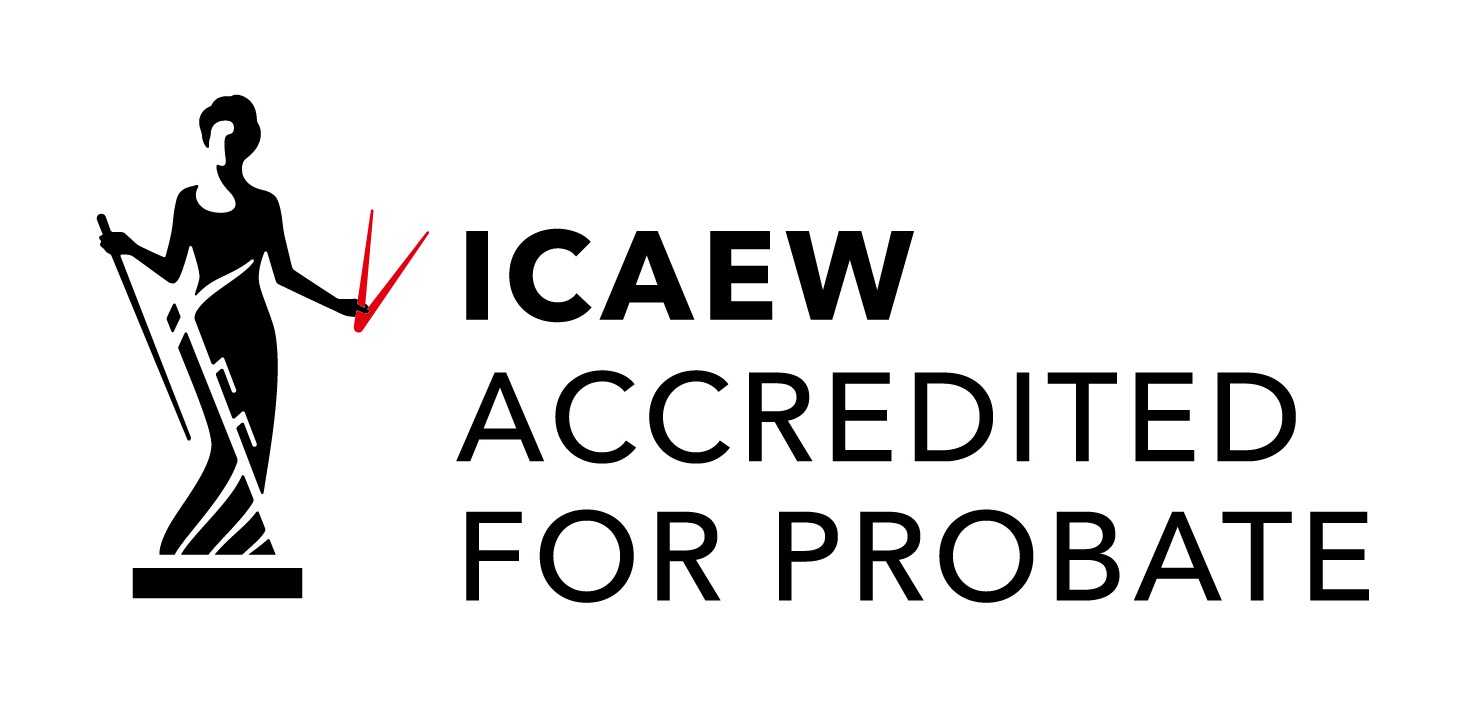When it comes to probate and estate administration in the UK, the regulatory landscape extends beyond the Solicitors Regulation Authority (SRA). Many organisations, including the Institute of Chartered Accountants in England and Wales (ICAEW), also regulate these services, ensuring high standards and professionalism.
In 2007 the Legal Services Act (LSA) changed the legal landscape in England and Wales. It came about to encourage more competition and increase legal services providers. It created a new regulatory structure that enabled Alternative Business Structures (ABS) to be created. ABS allows lawyers and non-lawyers to form businesses together to provide legal services.
The LSA created the Legal Services Board (LSB). The LSB oversees the whole regulatory framework and supervises the work of approved regulators. The Solicitors Regulation Authority (SRA) and organisations, including the Institute of Chartered Accountants in England and Wales (ICAEW), are approved regulators ensuring high standards and professionalism.
ICAEW became the first approved probate regulator and licensing authority outside the legal profession in 2014. 10 years down the line more than 300 of their member firms have become accredited for probate services, but we are still dealing with confusion around who is and isn't accredited. This blog shows that being regulated by the ICAEW isn’t any different from SRA.
Diverse Regulators of Probate Services in the UK
While the SRA is a prominent regulatory body, it is not the sole authority overseeing probate services in the UK. Several organizations are authorized to regulate probate activities, each bringing unique expertise and rigorous standards. These include:
- Solicitors Regulation Authority (SRA): The SRA is the regulator of solicitors and law firms in England and Wales, with more than 200,000 solicitors. Their purpose is to protect the public by ensuring that solicitors meet high standards and by acting when risks are identified
- Institute of Chartered Accountants in England and Wales (ICAEW): The ICAEW is a globally recognized professional body, ensuring that its members adhere to stringent ethical and professional standards. ICAEW-regulated firms are equipped with comprehensive knowledge in accounting, tax, and financial planning, providing a holistic approach to probate
- Council for Licensed Conveyancers (CLC): The CLC regulates specialist property lawyers and probate practitioners. They ensure that CLC-regulated professionals deliver quality services and adhere to high standards of conduct
- Chartered Institute of Legal Executives (CILEx): CILEx regulates legal practitioners who specialize in probate. Members of CILEx are required to meet robust qualification criteria and continuous professional development requirements
Debunking the Stigma
The belief held by a number of institutions and individuals that only the SRA can regulate probate services is clearly incorrect. Our CEO, Simon Hancox adds:
The fact that this is not widely understood can impact upon the services being offered by those who choose to be regulated by someone other than the SRA, through delays in the processing of claims for assets for example, when in reality being regulated by a body other than the SRA has no impact on the professionalism or standards of the firm concerned.
Any regulatory body, including the ICAEW, SRA, CLC, and CILEx, uphold rigorous standards to ensure quality and professionalism. Clients can trust ICAEW-regulated firms like Kings Court Trust to deliver exceptional probate and estate administration services, backed by robust regulatory oversight and a commitment to excellence. Understanding the broader regulatory framework empowers clients to make informed decisions, recognising the value and professionalism.
If you have any questions or your clients have any doubts, direct them to this blog for reassurance.
Kings Court Trust is a probate and estate administration provider that offers award-winning solutions to support every family.
Whether you need a hand obtaining the Grant of Representation, completing the complicated tax and legal work, or anything in between, you’re in safe hands with our team of specialists.
If you have any questions about the estate administration process, including applying for the Grant of Representation, call our Client Services Team on 0300 303 9000 or fill in the form below.







